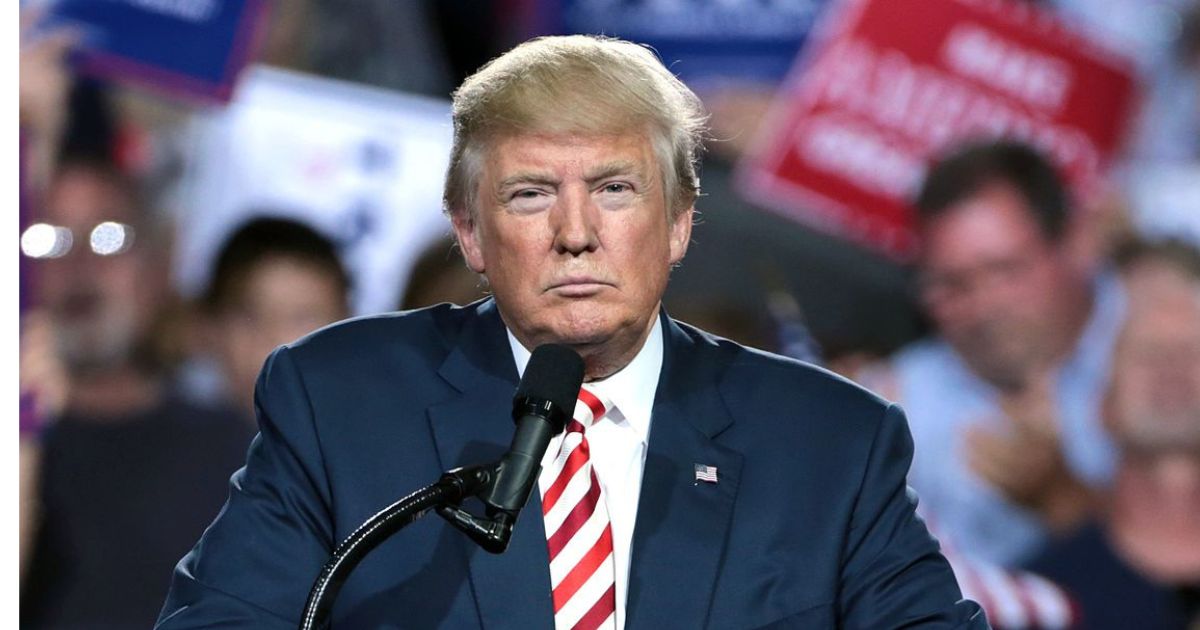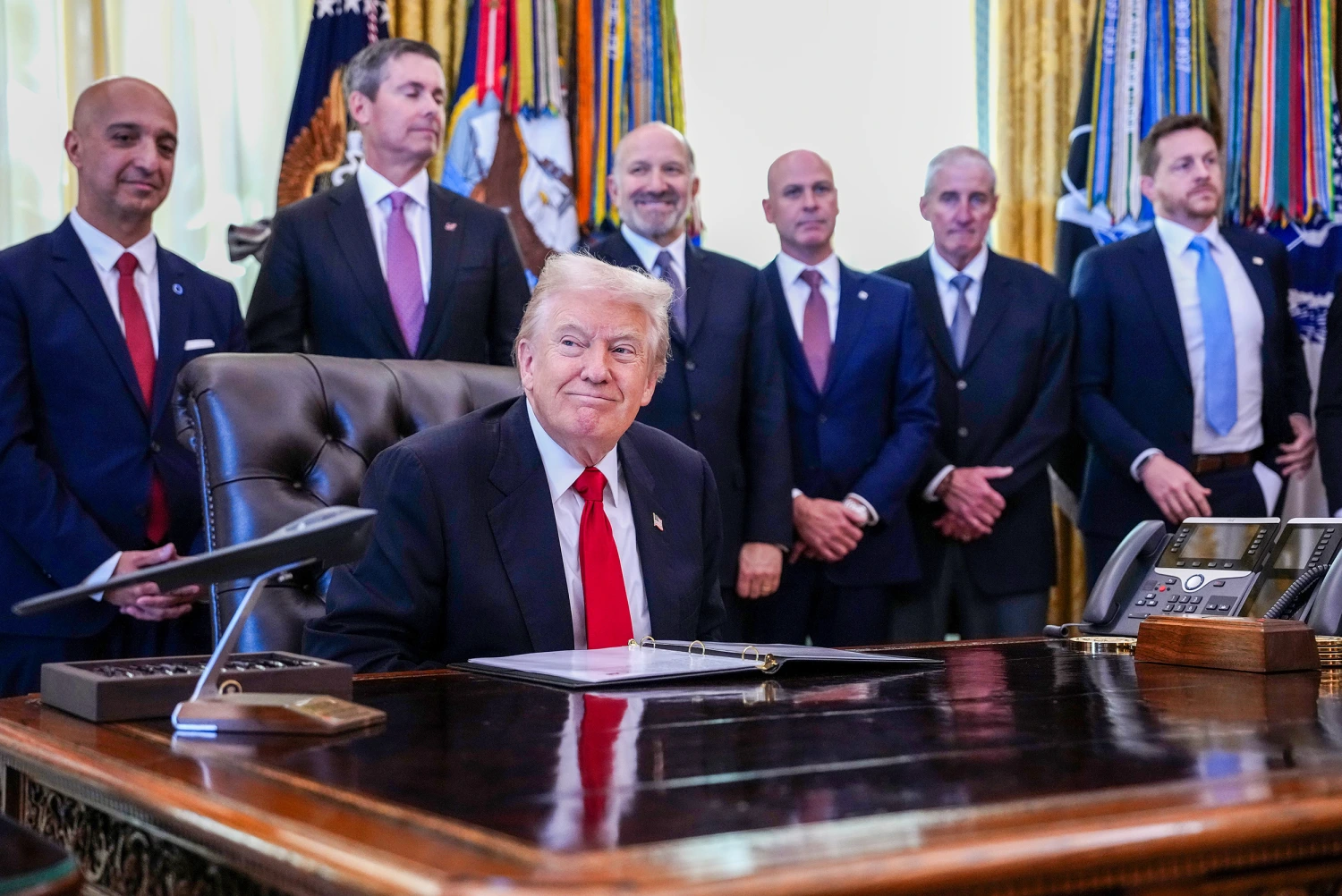Copyright inquisitr

The Trump administration has introduced new visa guidelines that could deny entry to immigrants based on a new list of extended health conditions. Critics say that the guidelines will affect the vulnerable, reigniting fears of discrimination in the U.S. immigration system. According to an KFF Health News report, the State Department issued internal instructions this week allowing consular officers to consider an immigrant’s medical status when assessing whether they are “likely to become a public charge.” The guidance, which revives elements of a 2019 policy blocked in court during Donald Trump’s first term, could make it harder for applicants with chronic illnesses or disabilities to obtain visas. Officials must now look for “conditions – including, but not limited to, cardiovascular diseases, respiratory diseases, cancers, diabetes, metabolic diseases, neurological diseases, and mental health conditions.” Alarmingly, the cable also asks the visa offers to look out for conditions like high blood pressure, diabetes, and obesity. “All of these can require expensive, long-term care,” the notice read. Charles Wheeler, who is a senior attorney for the nonprofit Catholic Legal Immigration Network, was concerned because the officers were being asked to use “their own thoughts about what could lead to some sort of medical emergency or sort of medical costs in the future.” Anti-immigration policies don’t just harm individuals—they hurt whole communities. Research links them to fear, stress, depression & PTSD, with effects spilling over beyond undocumented immigrants to entire neighborhoods. #ImmigrantHealth #CommunityTrust pic.twitter.com/FZw1Jvrxie — Social Creatures (@socialcreaturz) September 24, 2025 Wheeler felt that it was “troubling because they’re not medically trained, they have no experience in this area, and they shouldn’t be making projections based on their own personal knowledge or bias.” The visa officer could essentially now deny someone entry into the country for being sick or having a condition that was not previously in the medical checklist. Previously, immigration applicants were asked about their history with alcohol or drug use, and mental health conditions. Immigrants were also screened for contagious diseases such as tuberculosis, and they were required to have their vaccinations up to date. Now, the list is quite expansive. Fox News reports that the guidance is in line with Trump’s “Ending Taxpayer Subsidization of Open Borders” executive order. In essence, the government is determined that “no taxpayer-funded benefits go to unqualified aliens.” The directive asks, “Does the applicant have adequate financial resources to cover the costs of such care over his entire expected lifespan without seeking public cash assistance or long-term institutionalization at government expense?” Therefore, consular officers now have to check not only the immigration applicants’ medical histories, but their employment prospects, and financial assets to assess if they might rely on U.S. public services. Immigrants who fail to demonstrate “self-sufficiency” could face denial even if they meet other visa qualifications. One immigration attorney, Sophia Genovese, told ABC News that visa officers were even being asked to speculate about the cost of a person’s health care. She noted that “Taking into consideration one’s diabetic history or heart health history — that’s quite expansive.” Genovese then added, “If this change is going to happen immediately, that’s obviously going to cause a myriad of issues when people are going into their consular interviews.” For thousands of visa seekers awaiting appointments, the implications remain uncertain. But the message from Washington is clear: personal health could now determine who gets to call America home.



